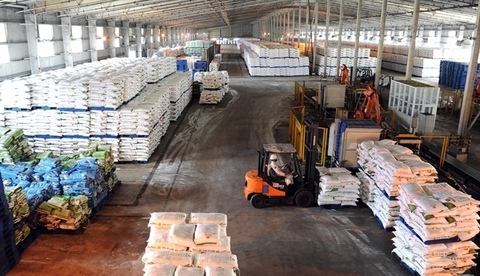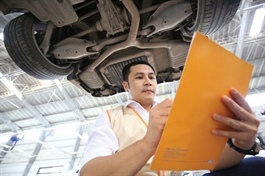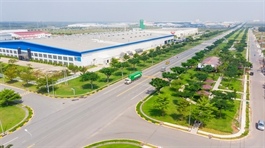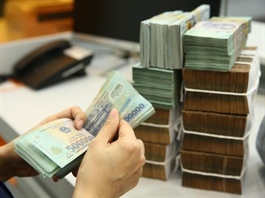Delayed tax refunds put firms at risk
Delayed tax refunds put firms at risk
Firms are growing frustrated with the excessive delays in tax refunds that have driven them into liquidity problems for years.

|
The Board for Private Economic Development Research (Board IV) reported that many timber firms had been rendered cash-strapped as they had not received their tax refunds since 2020.
The board is worried that the situation could lead to mass bankruptcies because the total delayed refunds had amounted to trillions of Vietnamese dong.
"Scores of firms would go bankrupt should the problems remain unsolved," said a spokesperson for Board IV.
Hao Hung Company Ltd., a timber exporter, revealed that tax refunds require proof of origin (P/O). However, the firm sometimes finds it impossible to trace its timbers back to the tier-zero sellers (F0) as timber supply involves multiple tiers of sellers.
Without the F0-traceability, its timbers have not been eligible for tax refunds, resulting in a large amount of its capital remaining tied up in the State budget.
The Vietnam Timber and Forest Product Association believed that the tax authority's approach to traceability is problematic as it misplaces the P/O burden onto exporters. The association said it is the tiers of sellers who should bear the responsibility.
The approach also causes a regulatory conflict as the Ministry of Agriculture and Rural Development (MARD) has exempted lawful foresters from registering their timbers with local authorities. Meanwhile, seller traceability requires such registration.
MARD sent Dispatch No.8187 to the Ministry of Finance last year to urge support for timber firms with tax difficulties but the voice has gone unheard since then.
The P/O requirement also has a negative impact on the paper industry as it discourages firms from recycling.
According to the Vietnam Pulp and Paper Association, firms engaging in paper recycling normally find themselves unfit for value-added tax (VAT) refunds because their operation involves the purchase of waste papers that, in most cases, are not traceable.
Companies have requested the General Department of Taxation to relieve them of the P/O burden. The tax authority has agreed to the request but limited VAT refunds to no more than VND100 million (US$4,265) for each firm.
The association believed that VND100 million is such a small amount that it could not act as a financial incentive for recycling.
The situation is not much better for fertiliser firms, which are not entitled to VAT refunds because they have been granted VAT-exempt status since January 1, 2015.
Being exempted from VAT turned out to be more of a bane than a boon for the firms as they were left with no choice but to record their otherwise VAT refunds as production costs.
Higher production costs have driven up fertiliser prices by around 6.0 per cent, substantially undermining their competitive advantages over foreign producers. Notably, Lam Thao Fertilisers and Chemicals JSC said it losts around VND100 billion annually as a result of the VAT-free policy.
The Vietnam Fertiliser Association is urging the tax authority to subject fertlisers to VAT to help domestic producers stay cost-competitive.
Board IV is pressing for a new tax policy to lift firms out of their liquidity problems.
Under the policy, well-operating firms with good track records would be granted tax refunds first and subject to a tax review later to verify the amount. Meanwhile, the reversal would apply to newly-founded firms or those producing risky products.
























